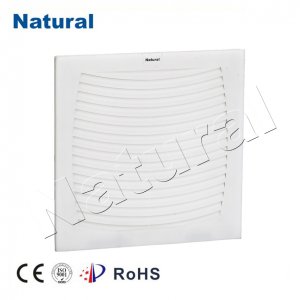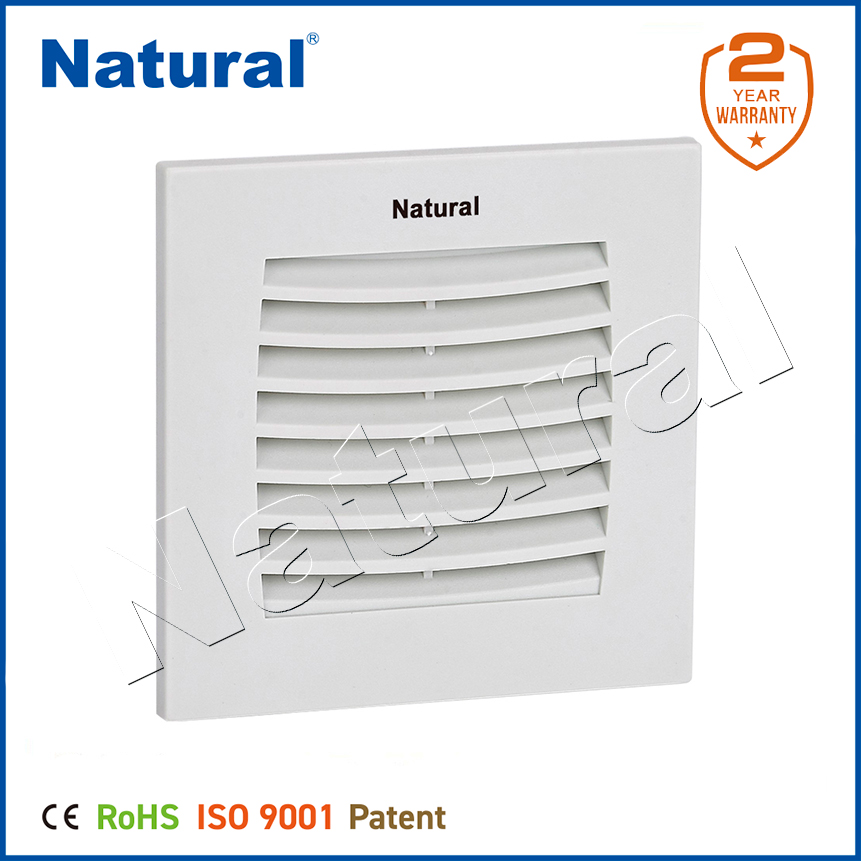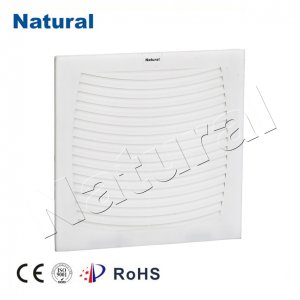Enclosure fan filters are crucial components in maintaining the performance and longevity of electronic equipment housed in enclosures. These filters play a pivotal role in ensuring that the internal environment of the enclosure remains free from dust, debris, and other particulate matter that could potentially harm sensitive components.

At their core, enclosure fan filters are designed to trap airborne contaminants before they can enter the enclosure through the fan. This is essential for preventing the buildup of dust and debris on electronic components, which can lead to overheating, reduced efficiency, and ultimately, equipment failure. By filtering the air that circulates within the enclosure, these filters help maintain a clean environment that supports optimal performance and extends the lifespan of the equipment.

There are several types of enclosure fan filters, each designed to meet specific needs and applications. The most common types include foam filters, HEPA filters, and mesh filters. Foam filters are typically used for general dust control and are popular due to their affordability and ease of maintenance. HEPA filters, on the other hand, offer a higher level of filtration, capturing smaller particles and providing superior protection for sensitive electronic components. Mesh filters, often made from metal, are durable and reusable, making them a cost-effective option for environments with less stringent cleanliness requirements.
